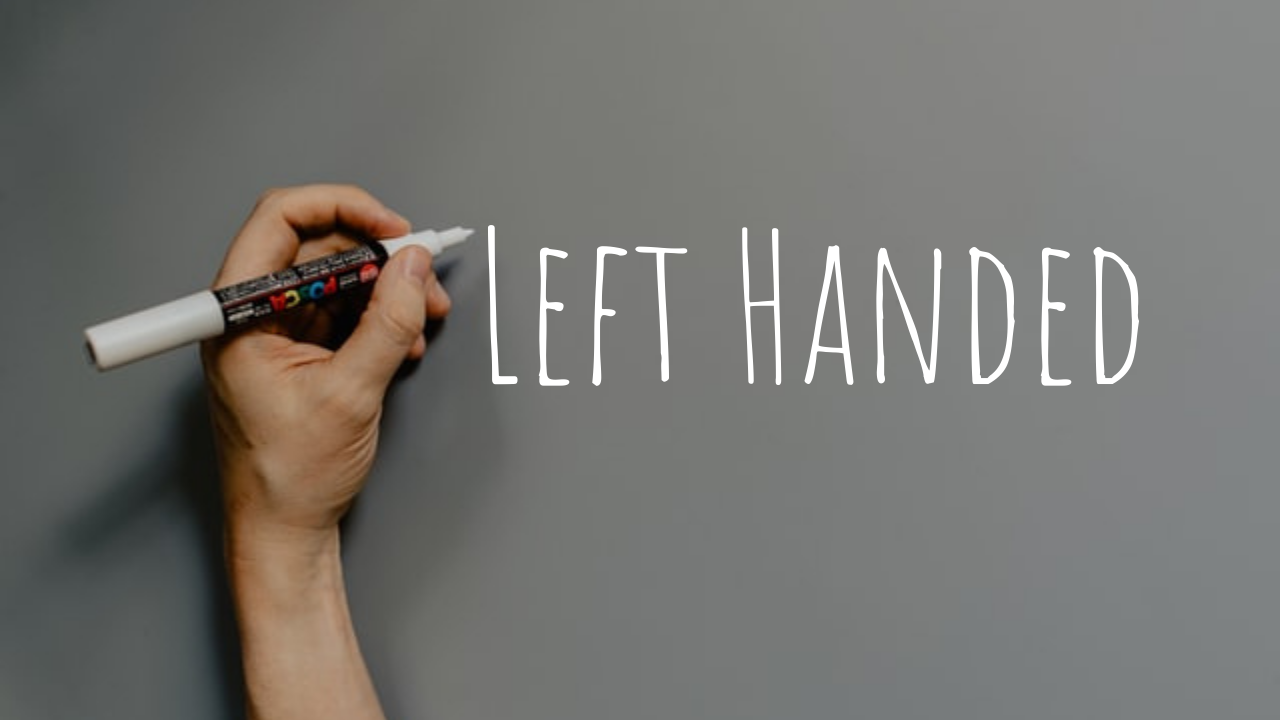The world we live in is nuanced and layered. People from all walks of life journey and connect in different ways. As humans, we all have different personalities from each other and deal with situations differently. During World War II, Myers and Briggs began researching and developing an indicator that could be utilized to help understand individual differences. They created assessments which identified 16 ‘personality’ types.
What Does INFJ Stand For?
INFJ is one of the sixteen personality types. INFJ is an acronym for the personality traits of Introversion, iNtuition, Feeling, and Judging. The INFJ type is also called the “Counselor”/ “Advocate” and is described as an idealistic, compassionate, and sensitive personality type. People with INFJ personalities are creative, gentle, and caring.
INFJ’s are usually reserved and highly sensitive to how others feel. They are typically idealistic, with high moral standards and a strong focus on the future. INFJ’s enjoy thinking about deep topics and contemplating the meaning of life. The INFJ type is said to be one of the rarest personality type with just one to three percent of the population exhibiting this personality type.
Each of the four letters of the INFJ acronym signifies a key personality trait of this type. INFJs are energized by time alone (Introverted), focus on ideas and concepts rather than facts and details (iNtuitive), make decisions based on feelings and values (Feeling), and prefer to be planned and organized rather than spontaneous and flexible (Judging).
Also Read: How Introverts Stand Out From the Rest of the League?
Here Are 10 Signs You Are an INFJ
1. You are an empath
You are very soft-spoken and empathetic, you are very sensitive and emotional to other’s needs. You regard other’s feelings and because of a strong sense of intuition, you are very deeply rooted in your values and act accordingly to bring about a positive impact in your life and for those around you.
2. You value meaningful connections
You can form strong, meaningful connections with other people. You enjoy helping others, but also need time and space to recharge.
3. Idealism
INFJ’s may be characterized by idealism, however, this does not mean that you are unreasonable in what you expect. You understand the world, both the good and the bad, and hope to be able to make it better.
4. Organized
You place a greater emphasis on personal/subjective concerns than objective facts when making decisions. You also like to exert control by planning, organizing, and making decisions as early as possible.
5. Introverted Intuition
You are very focused on internal insights and many people may view you to be stubborn because of your ability to be clear on choosing paths.
6. Difficulty in saying ‘NO’
You sometimes struggle to say no to other people’s requests. You are so attuned to what other people are feeling that you fear to cause disappointment or hurting their feelings.
7. Good Leader
You are a good leader, even when you don’t take on an overt leadership role, you often act as a quiet influencer behind the scenes.
8. Good Listener
You are a great listener and are good at interacting with people with whom you are emotionally close and connected.
9. Reserved and Patient
You may appear to be reserved because of your quiet nature. You are extremely patient and have a rich inner world full of vivid imagination and ideas.
10. You never stop striving
You constantly work on yourself, to improve yourself, you are always on the go and get easily bored if you do not have something to ‘work’ on.
Also Read: 8 Common Signs You’re Really An Introvert
To Understand an INFJ Better
INFJ’s are reserved and private, they can be difficult to get to know. Interacting with an INFJ involves understanding and supporting their need to disconnect and recharge. People with this personality type often feel misunderstood. You can be there for an INFJ by understanding and respecting their perspectives.
INFJ’s enjoy being in close, intimate relationships. They tend to flourish best in romantic relationships with people who share their core values. As a partner, it is important to provide the support and emotional intimacy that an INFJ craves. Sincerity, honesty, and authenticity are all traits that the INFJ appreciates in their partner.
An INFJ personality type would make great artists, counselors, writers, social workers. They are creative in problem-solving and have a penchant for reflection and introspection. We are all different in our ways and we need to celebrate these differences and cherish the bonds we create and the people we meet.







